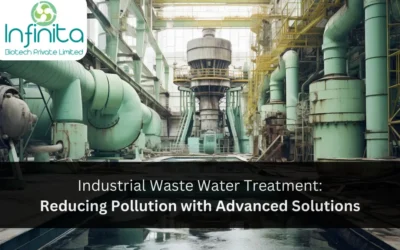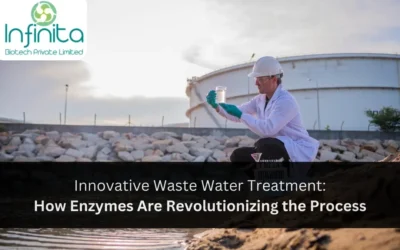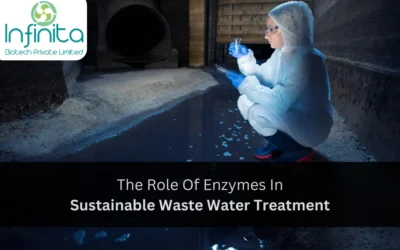Introduction Industrialization brings economic growth, but it also produces significant environmental challenges, one of which is the treatment of waste water. Industrial waste water is laden with harmful pollutants that, if not treated properly, contaminate water...
Waste Water Treatment Enzymes Manufacturer
What are Waste Water Treatment Enzymes?
Wastewater treatment has gained immense significance in today’s context where protecting the environment is a prime concern. The main objective of enzymes for waste water treatment is to treat the effluents before they are discharged so that the environment is not polluted. Enzymes for wastewater treatment in general refers to treatment of suspended, floatable material and treatment of biodegradable organics.
The wastewater from the food processing industry contains carbohydrates, proteins, fats and pectinaceous materials that are barely decomposed by microbes during the activated-sludge treatment.
Enzymes start degrading organic waste immediately upon addition, while existing bacteria strains use the organic wastes as carbon and nitrogen sources for growth and effectively treat the system for the long term.
In addition to treating suspended and biodegradable organic matter, enzymes used in wastewater treatment also contribute to odor removal. These enzymes act as a key component in enzyme-based odor eliminators, effectively neutralizing and eliminating unpleasant odors associated with wastewater. By targeting the organic compounds responsible for the odor, enzyme-based odor eliminators ensure a more comprehensive and efficient wastewater treatment process while improving the overall environmental impact.
To enhance the treatment of wastewater from these processing industries, combination of specialised enzymes facilitates hydrolysis of BOD and renders it suitable for decomposition by activated sludge treatment and composting.
Our formulated enzymes for wastewater treatment product effectively breaks down organic waste and increases the quality of wastewater effluent without the use of harsh chemicals. Enzymes start degrading organic waste immediately upon addition, while existing bacteria strains use the organic wastes as carbon and nitrogen sources for growth and effectively treat system for the long term.

Our Solutions
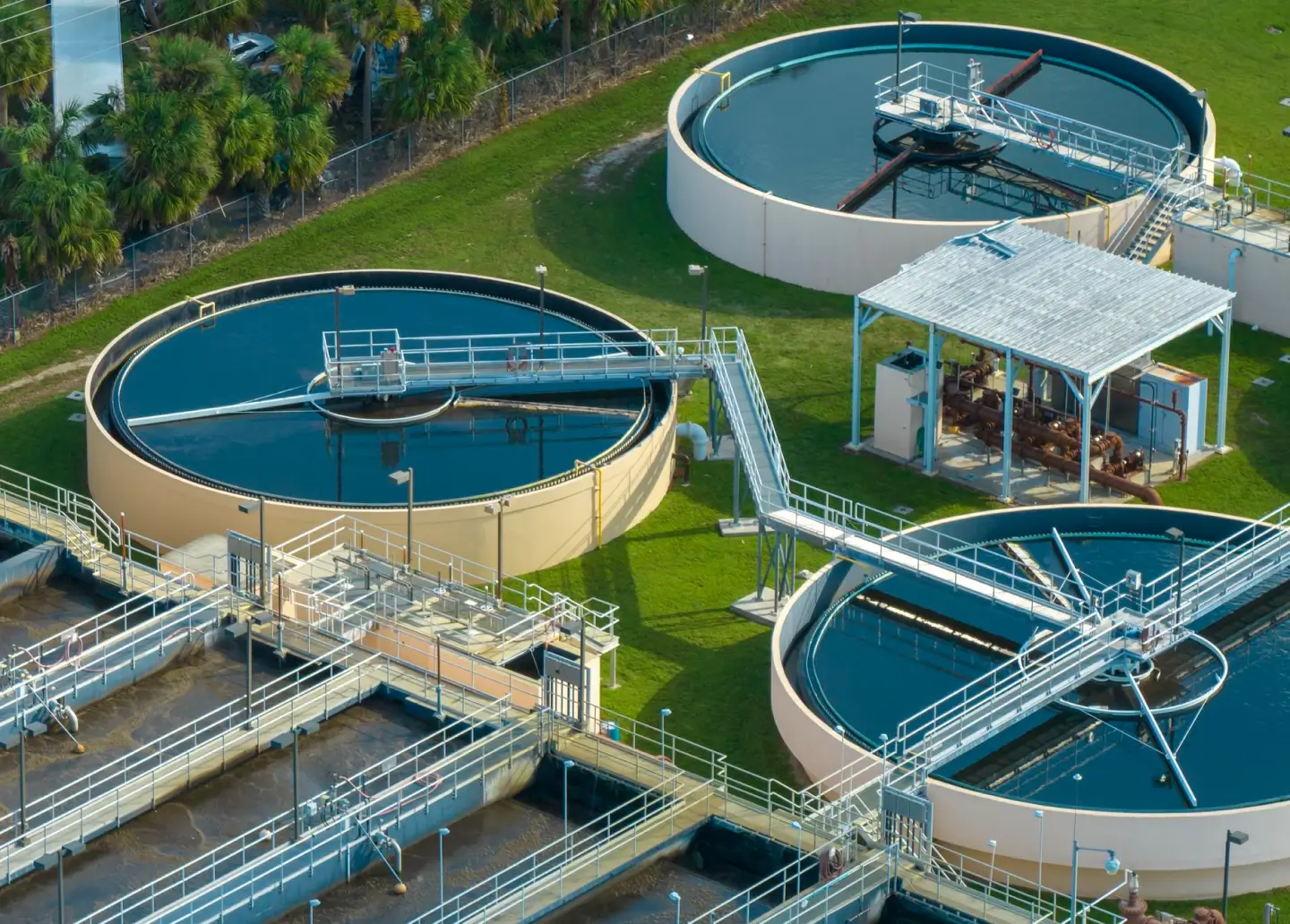
Enzymes for Reducing BOD and COD Level
Our customized enzyme based Formulation can be used for the aerobic stage of the process.Eco-Friendly
Reduce Sludge Volume
Faster Bacterial Oxidation
Enzymes for Biogas Production
Our customised enzyme based formulation can be utilised for the anaerobic stage of the process.Eco-Friendly
Increase In Biogas Production
Increases Digestor Efficiency
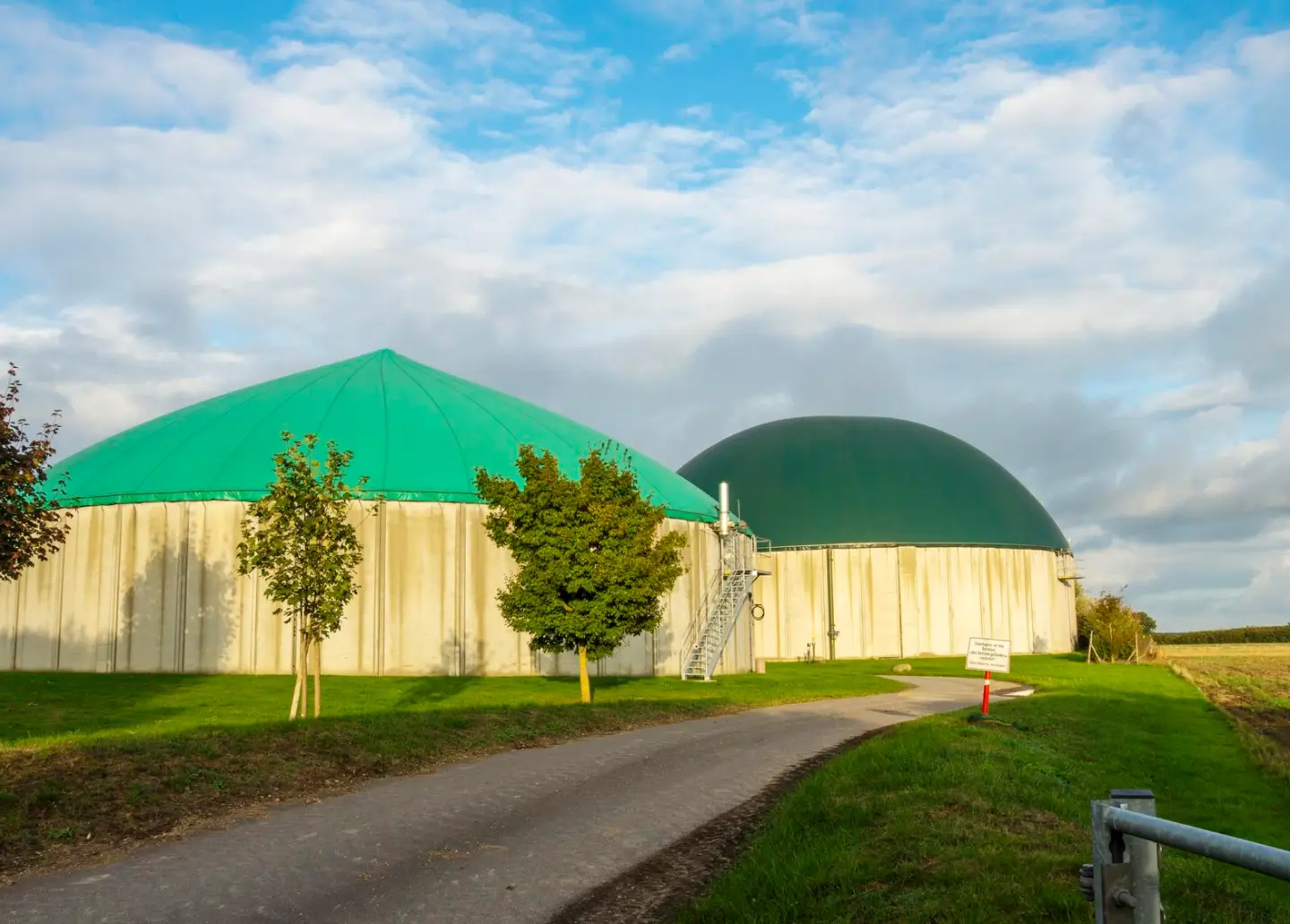
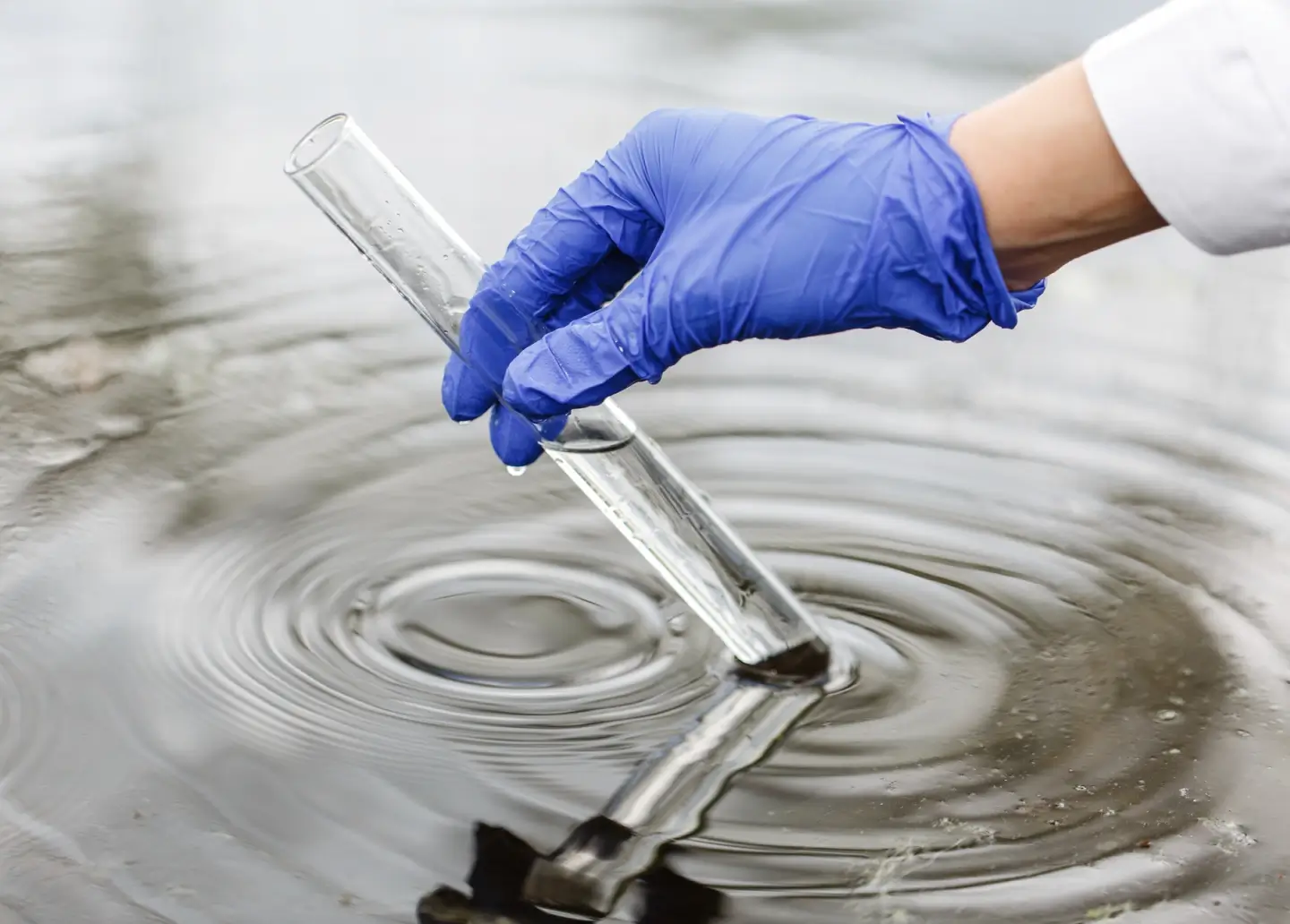
Enzymes for Desulphurisation
Our enzyme based formulation is useful for desulphurisation of waste water.Assimilate Sulphur Based Compounds Causing Odour
Eco-Friendly
Cost Effective
Enzymes for Ammoniacal Nitrogen Removal
Our enzyme based formulation is useful for removal of ammoniacal nitrogen in waste water.Removes Ammoniacal Nitrogen Biologically
Eco-Friendly
Cost Effective
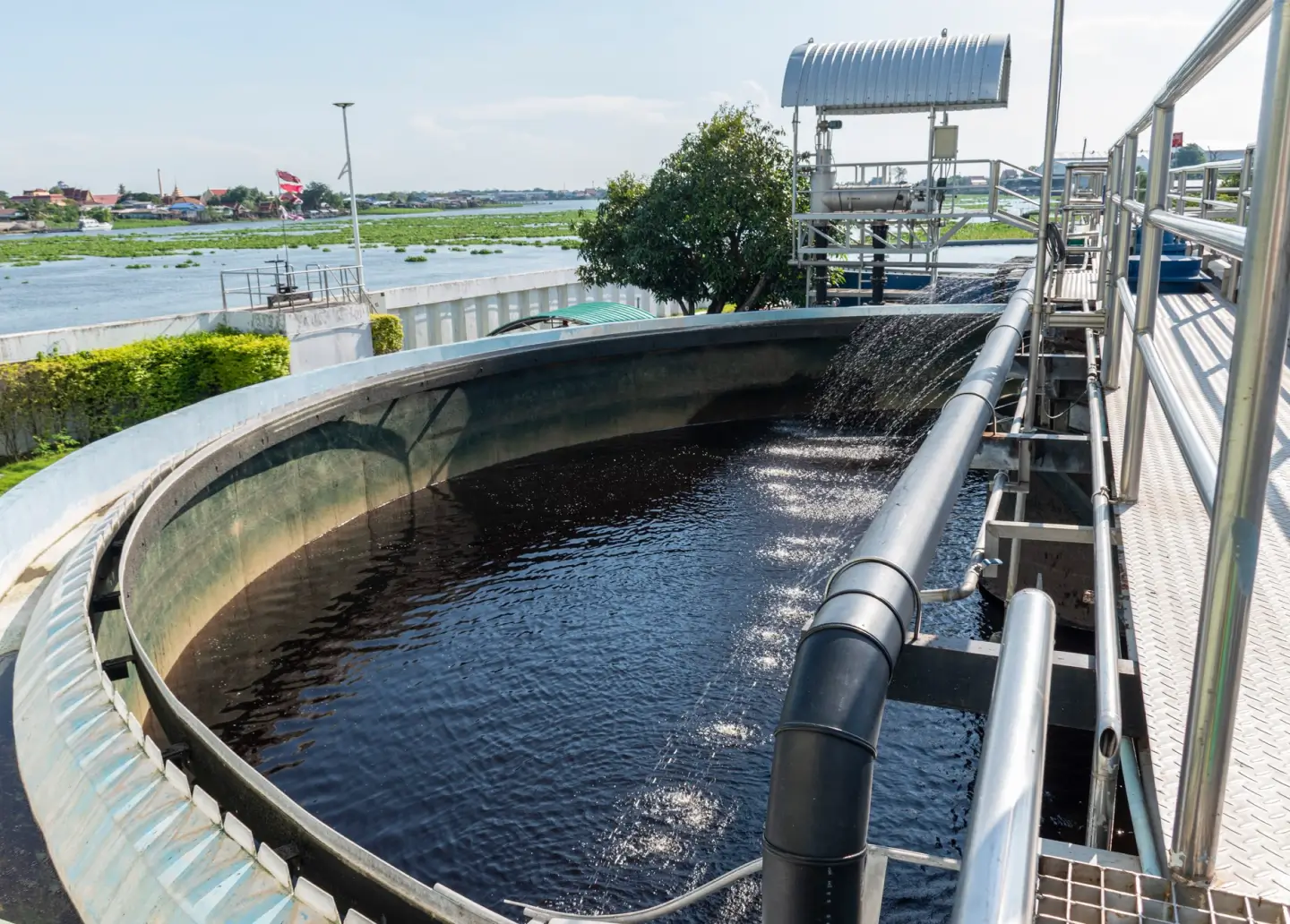
Related Blogs & Insights
Innovative Waste Water Treatment: How Enzymes Are Revolutionizing the Process
Introduction Water is the lifeblood of our planet, but with rapid industrialization and population growth, clean water is becoming scarce. Waste water treatment is critical, but conventional methods often fail to keep pace with modern environmental demands. Enter...
The Role of Enzymes in Sustainable Waste Water Treatment
Enzymes play a crucial role in sustainable waste water treatment, as they have the ability to break down organic compounds and remove pollutants from water sources. Understanding the functions of enzymes and their impact on waste water treatment is essential for...
Frequently Asked Questions ,Waste Water Treatment Enzymes
What are the enzymes used in wastewater treatment?
What are the benefits of using Infinita Biotech's waste water treatment enzymes?
What is BOD limit?
Which enzymes are used in Biogas Production?
Which enzymes are used in BOD and COD level reduction?
For A Greener Tomorrow
Committed to advancing eco-friendly biotechnology for a healthier planet.
